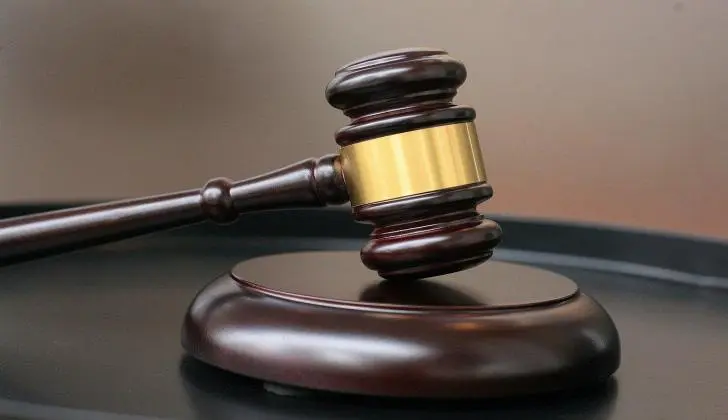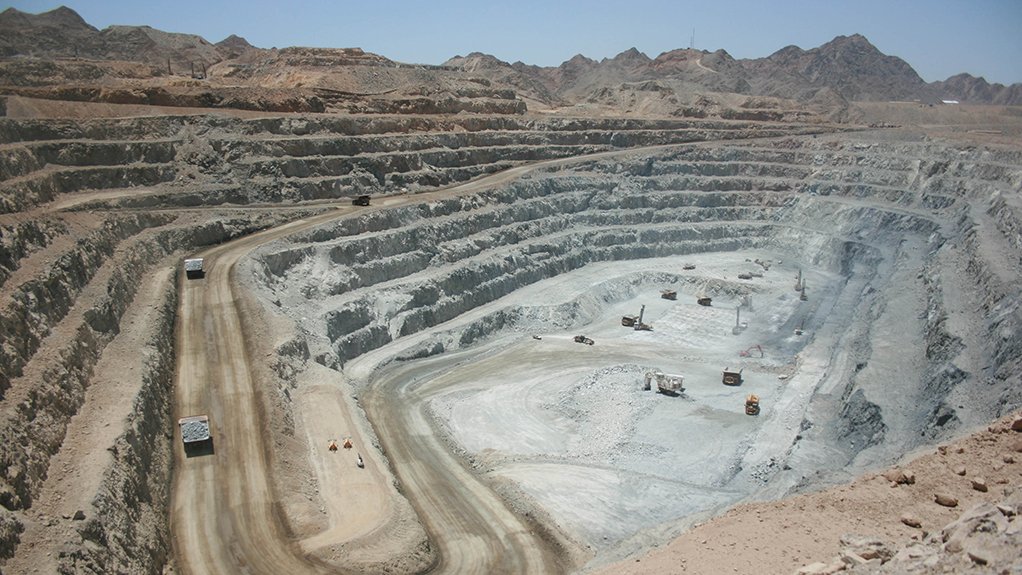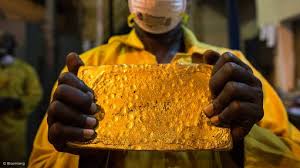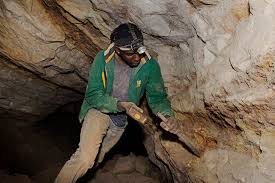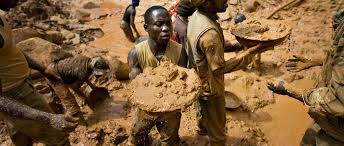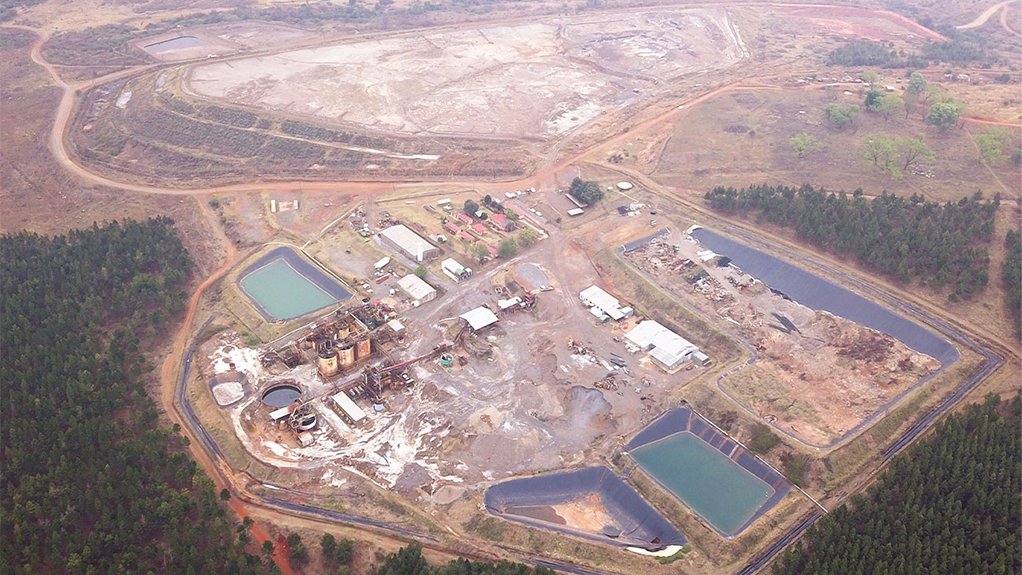Precious Metals

Burkina Faso Nationalizes Gold Mines—What It Means for Ghana & ECOWAS
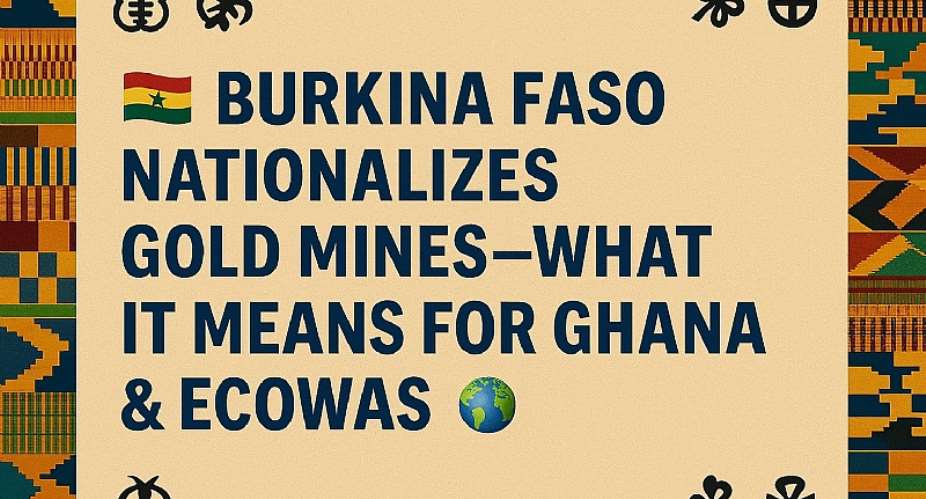
Burkina Faso’s decisive move to nationalize its mining sector—with a sharp focus on gold—has generated significant waves across West Africa, carrying profound strategic and symbolic implications for Ghana and the broader ECOWAS region. Here is a detailed analysis:
Burkina Faso’s Mining Nationalization Strategy
- State-Led Resource Control: Through the Société des Participations Minières du Burkina (SOPAMIB), the Burkinabè government has taken direct ownership of major industrial mines, including Boungou and Wahgnion, and is actively building a sovereign national gold reserve.
- Elevated Local Content Mandates: A revised mining code now rigorously prioritizes domestic suppliers, formalizes artisanal mining operations, and mandates the use of national expertise, ensuring greater in-country value retention.
- Sovereign Resource Narrative: President Ibrahim Traoré has framed this policy as a definitive break from foreign exploitation and a reclaiming of the nation’s mineral sovereignty, aligning with a broader pan-African economic vision.
Direct Implications for Ghana’s Mining Sector
1. Mounting Pressure for Policy Reform & Growing Civic Demand
- Influential Ghanaian voices, including former Chief Justice Sophia Akuffo, are already pointing to Burkina Faso’s policy shift as a compelling precedent to advocate for the nationalization or comprehensive renegotiation of Ghana’s own extractive industry contracts.
- This is amplifying long-standing calls for constitutional reform and far greater transparency in how the country governs its natural resources, particularly within the gold mining sector.
2. Shifting Investor Sentiment & Sector-Wide Risk Recalibration
- Ghana may encounter heightened caution from international mining investors growing wary of a potential regional trend toward resource nationalism and state ownership.
- Conversely, this moment presents a strategic opportunity to attract a new class of ethical investors aligned with sustainable mining, local empowerment, and transparent governance—if Ghana can position itself as a thoughtful reformer rather than a regulatory risk.
3. Strategic Opening for Mining-Linked Green Enterprise
- Should Ghana adopt elements of partial nationalization or enforce stronger local content rules within mining, it could catalyze new civic-led enterprises in supporting sectors such as mining-linked water recycling, renewable energy integration for mines, and sustainable infrastructure.
- This aligns directly with ECOWAS-wide green transition objectives and could unlock access to regional development funding and climate finance.
ECOWAS-Wide Mining Sector Repercussions
1. Regional Debate on Mineral Sovereignty Intensifies
- Burkina Faso’s move is poised to ignite a fundamental ECOWAS-wide debate on resource control, economic equity, and post-colonial extractive models.
- Expect intensified pressure for harmonized regional mining codes, policies that enforce local beneficiation (mineral processing within the region), and strategies that tie mining sector growth to youth employment.
2. Tension Between National Policies and Regional Integration
- While some ECOWAS member states may embrace this shift toward resource sovereignty, others with economies deeply integrated with foreign mining capital may resist, potentially leading to significant policy fragmentation across the region.
- ECOWAS now faces a critical choice: allow mining policies to fracture the bloc or seize this moment to craft a unified, sustainable framework for regional resource governance.
3. The Critical Link Between Mining, Security, and Stability
- Burkina Faso’s nationalization is deeply intertwined with its internal security challenges. If ECOWAS fails to proactively address the fundamental connection between mining sector governance, equitable resource distribution, and regional stability, the bloc risks further political and economic fragmentation.
Civic Wisdom Meets Strategic Planning
Ghana as a country that blends cultural stewardship with commercial innovation, we are uniquely positioned to:
- Frame Ghana’s response using proverbs and historical parallels that resonate with both policymakers and communities.
- Mobilize ECOWAS youth around green enterprise and resource equity, using visual campaigns and civic education.
- Design cross-border initiatives that link mining reform to environmental restoration and ethical leadership.
"When the roots are deep, there is no reason to fear the wind." — This moment could be Ghana’s chance to deepen its roots in sovereignty, sustainability, and civic trust.



